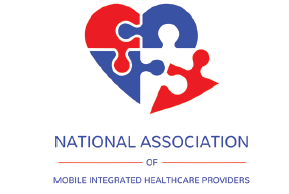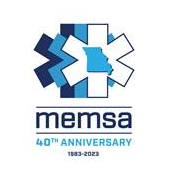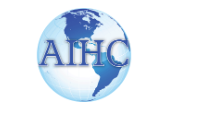July 3, 2023

Reminder: Funding Opportunity for the Healthy Start Initiative – Enhanced (HRSA-23-130) Closes July 17
The final date for applications to the Healthy Start Initiative – Enhance (HRSA-23-130) is July 17. The purpose of HSE is to improve health outcomes before, during, and after pregnancy and reduce the well-documented racial/ethnic differences in rates of infant death and adverse perinatal outcomes.
HSE is intended to support projects in diverse communities and populations (e.g., rural, urban, non-Hispanic Black, American Indian/Alaskan Native [AI/AN]) experiencing the greatest disparities in maternal and infant health outcomes.
HSE has two focus areas:
- Providing direct and enabling services (e.g., screening and referrals, case management and care coordination, health and parenting education, and linkage to clinical care to enrolled HSE participants
- Convening Community Consortia comprised of diverse multi-sector partners that advise and inform HSE activities and develop and implement plans to improve perinatal outcomes within the selected project area.
The program also provides recipients with increased flexibility to customize interventions to meet the unique needs of their target population.
The goals of HSE are to:
- Continue reducing infant mortality rates (IMR) in the U.S., and
- Decrease disparities in infant mortality (IM) across racial/ethnic groups by achieving steeper declines for groups with the highest infant mortality rates (e.g., non-Hispanic Black and AI/AN infants).
HSE projects should be implemented in communities experiencing high rates of maternal and infant mortality and morbidity that do not already have access to Healthy Start Services. Successful HSE projects will implement program activities in new project areas and accomplish the following objectives during the 5-year period of performance:
- Direct and Enabling Services for HSE Participants ·
- Increase receipt of case management and care coordination to facilitate access to medical care and community-based resources. ·
- Increase uptake of healthy behaviors before, during, and after pregnancy. · Increase use of safe infant care practices.
- Community Consortium · Convene diverse, multi-sector state, local, and community level partners, including HSE participants and other community members, that will: ·
- Advise and inform strategies for providing direct and enabling services to HSE participants. ·
- Develop cross-sector partnerships to ensure access for HSE participants to
- Coordinated, comprehensive maternal, child, and family medical care;
- health and parenting education;
- and community-based resources that address social determinants of health within the project area. ·
- Participate in Communities of Practice with other HSE projects to develop and implement a strategic plan for the community that focuses on at least one social determinant of health.
Who Can Apply:
- Domestic public or private entities
- Domestic faith-based and community-based organizations
- Tribes and tribal organizations
Recipients of Healthy Start Initiative: Eliminating Disparities in Perinatal Health (HRSA-19-049) 13 are only eligible to apply for this grant if a new project area, not currently funded by your existing grant, is proposed. If overlapping areas are proposed, your application will be deemed ineligible and not considered. This provision ensures that new communities with the highest rates of maternal and infant mortality and morbidity that do not already have access to Healthy Start services are reached by this program.
Have Questions? Contact:
Mia Morrison, MPH
MCHBHealthyStart@hrsa.gov
(301) 443-2521
Applications due July 17, 2023
For more information watch the June 7, 2023 Healthy Start Initiative Enhanced TA Webinar
Get answers to Frequently Asked Questions (FAQ) about this funding
Review Priority Points table (PDF-142 KB) to see if a county in your project area is eligible for Priority Points






